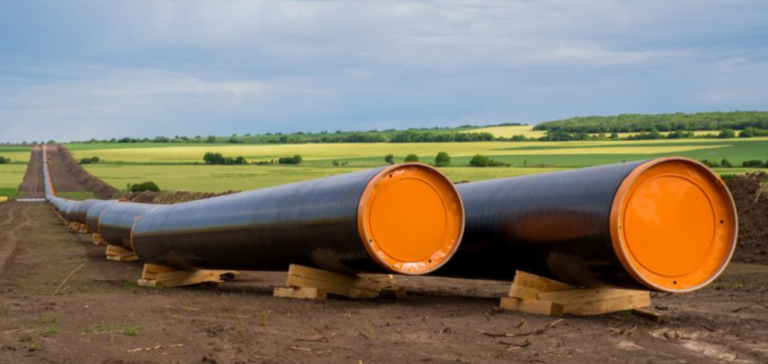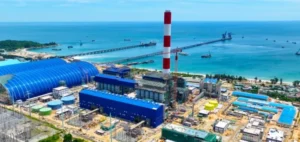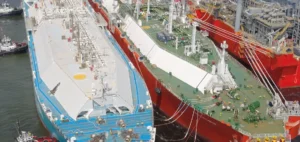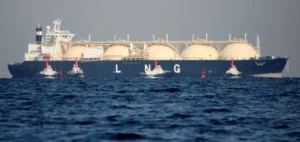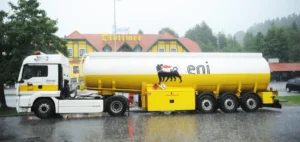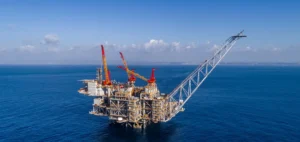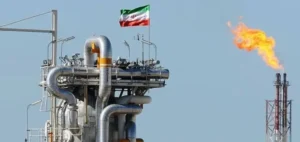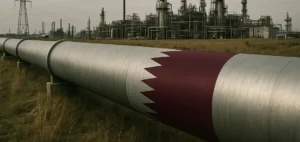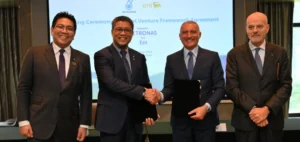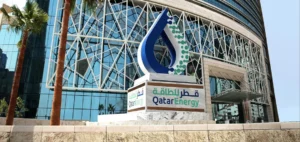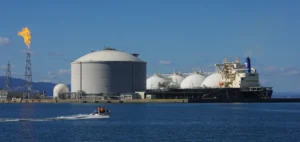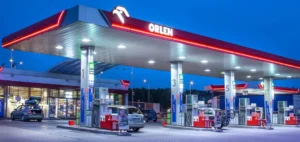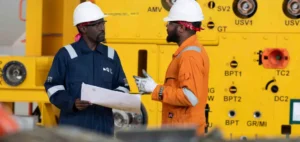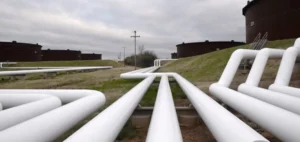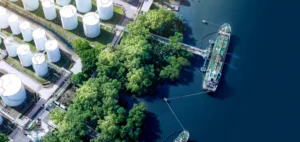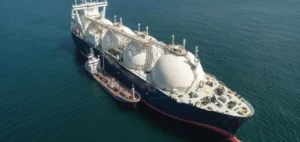The recent dispute between Hungary and Bulgaria over a new gas transit tax highlights the complexities of trade and energy relations within the European Union, especially in the context of Russia’s invasion of Ukraine. Hungary, which has strong ties with Moscow and is dependent on Russian gas, is vigorously contesting the legality of this tax, claiming that it threatens the energy security not only of Hungary, but also of the region.
Hungarian response and appeal to the European Commission
On October 13, Bulgaria passed a law imposing higher transit charges for Russian gas, including supplies to Hungary. Hungary’s Minister for European Affairs, Janos Boka, criticized the decision, which was taken without prior notification or consultation. According to Boka, this tax poses a serious threat to the region’s energy security, and would run counter to the rules of the EU’s internal market, customs union and common commercial policy.
In response, Hungary asked the European Commission to initiate infringement proceedings against Bulgaria and suspend application of the tax. Boka stressed the urgency of the situation, citing the approach of winter and the need to protect Hungarian families as well as the country’s energy security. He also mentioned that if the European Commission did not respond favorably to this request, Hungary would turn to the EU Court of Justice.
Hungary’s dependence on Russian gas
Hungary’s dependence on Russian gas is notable, with significant imports via the TurkStream and other links in Turkey, Bulgaria and Serbia. The new Bulgarian law, which is already in force, imposes a transit duty of Lev20/MWh (around Eur10.27/MWh) on Russian gas. The approaching winter and high gas prices in Europe are exacerbating this situation, making the question of energy security even more pressing.
Perspectives and reactions from the European Union
The position of the European Commission remains uncertain, although the European Commissioner for Energy, Kadri Simson, has indicated that the issue will be examined from a commercial angle. Meanwhile, Russia, through the voice of President Vladimir Putin, has reassured Hungary that it will meet its contractual obligations to supply gas, despite the new law in Bulgaria.
This issue is part of a wider context of energy and security cooperation between Hungary and Russia, highlighting the complexity of European energy relations and the challenges posed by national trade and fiscal policies within the EU.
This controversy over the Bulgarian tax on Russian gas exposes the dilemmas of energy security in Europe and raises questions about the balance between national sovereignty and common EU policies. As winter approaches, the resolution of this conflict could have important implications for the region’s energy and commercial stability.


